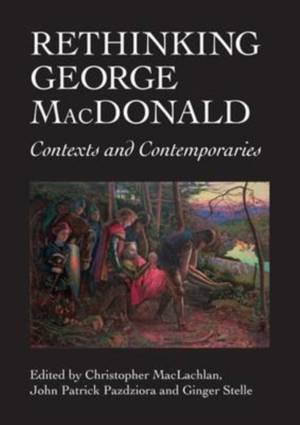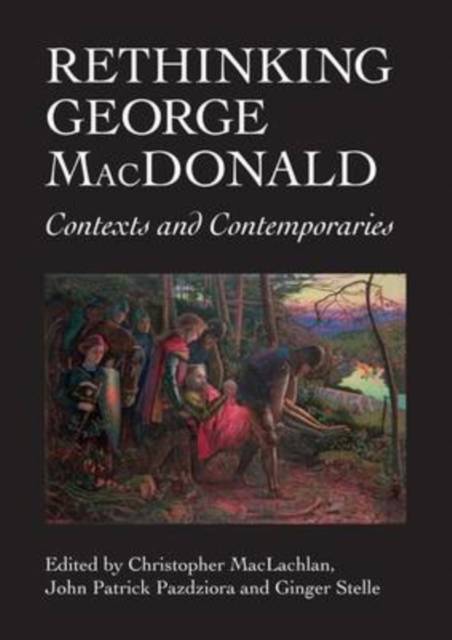
- Afhalen na 1 uur in een winkel met voorraad
- Gratis thuislevering in België vanaf € 30
- Ruim aanbod met 7 miljoen producten
- Afhalen na 1 uur in een winkel met voorraad
- Gratis thuislevering in België vanaf € 30
- Ruim aanbod met 7 miljoen producten
Zoeken
€ 35,45
+ 70 punten
Omschrijving
George MacDonald (1824-1905) is the acknowledged forefather of later fantasy writers such as C. S. Lewis and J. R. R. Tolkien: however, his place in his own time is seldom examined. This omission does MacDonald a grave disservice. By ignoring a fundamental aspect of what made MacDonald the man he was, the critical habit of viewing MacDonald's work only in terms of his followers reinforces the long-entrenched assessment that it has a limited value - one only for religious enthusiasts and fantasy lovers. The essays in this anthology seek to correct that omission, by looking directly at MacDonald the Victorian - at his place in the Victorian literary scene, at his engagement with the works of his literary contemporaries and at his interest in the social, political, and theological movements of his age. The resulting portrait reveals a MacDonald who deserves a more prominent place in the rich literary history of the nineteenth century than he has hitherto been given.
Specificaties
Betrokkenen
- Uitgeverij:
Inhoud
- Aantal bladzijden:
- 300
- Taal:
- Engels
- Reeks:
Eigenschappen
- Productcode (EAN):
- 9781908980014
- Verschijningsdatum:
- 18/03/2013
- Uitvoering:
- Paperback
- Formaat:
- Trade paperback (VS)
- Afmetingen:
- 148 mm x 210 mm
- Gewicht:
- 358 g

Alleen bij Standaard Boekhandel
+ 70 punten op je klantenkaart van Standaard Boekhandel
Beoordelingen
We publiceren alleen reviews die voldoen aan de voorwaarden voor reviews. Bekijk onze voorwaarden voor reviews.










